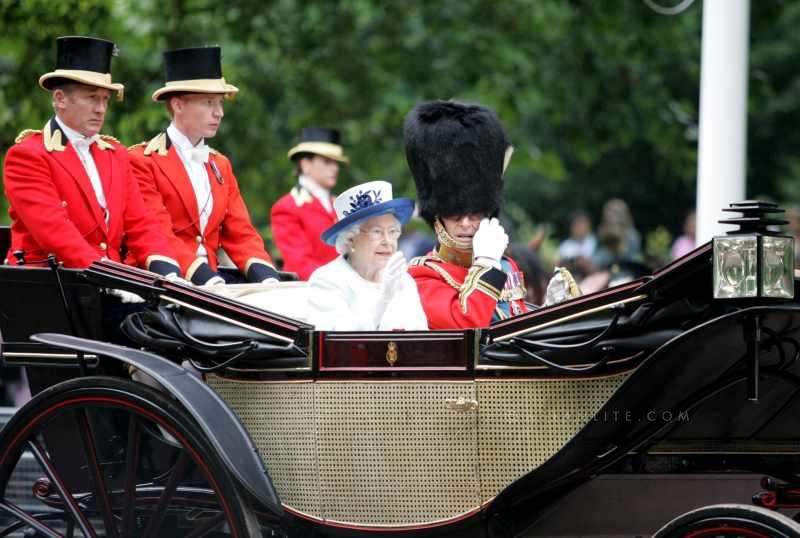Cameron Clings Victory and the prime minister will meet Queen at 11.30
I want to bring our country together, our United Kingdom together, not least by implementing as fast as we can the devolution that we rightly promised and came together with other parties to agree both for Wales and for Scotland

David Cameron is heading to meet the Queen at Buckingham Palace at 11.30 am to claim a second term as Prime Minister.
Mr Cameron will lead the first majority Conservative government for nearly 20 years.
The counting is still going on. BBC predicting Conservatives will bag 329 seats in the 650 parliament. Labour 233, SNP 56, Lib Dems 8, UKIP 2, Plaid Cymru 3, Green 1 and others 18.
Labour’s shadow chancellor Ed Balls has lost his Morley and Outwood seat to the Conservatives.
The SNP has ousted Scottish Labour leader Jim Murphy in a landslide general election victory in Scotland, winning 56 seats. Labour’s Douglas Alexander, and Lib Dems Danny Alexander andCharles Kennedy also lost to the SNP.
The Liberal Democrats have sustained heavy losses across the board, including Business SecretaryVince Cable and Education Minister David Laws. Party leader Nick Clegg held his Sheffield Hallam seat.
Mr Cameron, speaking after he won his Witney constituency in Oxfordshire, set out his priorities if he continues as Prime Minister: “My aim remains simple – to govern on the basis of governing for everyone in our United Kingdom,” he said.
“I want to bring our country together, our United Kingdom together, not least by implementing as fast as we can the devolution that we rightly promised and came together with other parties to agree both for Wales and for Scotland.
“In short, I want my party, and I hope a government I would like to lead, to reclaim a mantle that we should never have lost – the mantle of One Nation, One United Kingdom. That is how I will govern if I am fortunate enough to form a government in the coming days.”
The results follow a pattern in favour of Conservatives. In Warwickshire North, Labour’s number one target, the Tories increased their slender 54 majority to 2,977. In Nuneaton, the first marginal to declare, the Tories boosted their 2,069 majority to 4,882 in a key Labour target.
Speaking after winning his Doncaster North seat, Mr Miliband apologised to Labour supporters. “This has clearly been a very disappointing and difficult night for the Labour party,” he said.
“We have not made the gains we wanted in England and Wales, and in Scotland we have seen a surge of nationalism overwhelm our party,” he said after being comfortably re-elected with an increased majority in Doncaster North.
“I want to say to all the dedicated and decent colleagues in Scotland who have lost their seats that I am deeply sorry for what has happened.
“And I also want to say that the next government has a huge responsibility. It has a huge responsibility in facing the very difficult task of keeping our country together.
“Whatever party we come from, if we believe in the United Kingdom we should stand up for people in every part of our United Kingdom because I believe that what unites us is much, much more than what divides us.”
The results suggested that the polls during the campaign, showing the Tories and Labour neck and neck, were flawed. There was speculation that “shy Tories” did not want to admit to pollsters they were backing the party and of a “late break” to Mr Cameron’s party. Tory strategists have long hoped for a repeat of the 1992 campaign, when a late swing to the party enabled John Major to win an unexpected majority after voters turned away from Labour.
According to BBC, Cameron will bag 329 seats. 326 MPs are needed for an overall majority in the 650-strong Commons, in practice the figure is 323 because Sinn Fein, which had five MPs in the last Parliament, does not take its seats at Westminster and the Speaker does not vote.
HIGHLIGHTS:
George Galloway, Respect’s only MP, was defeated in Bradford West
UKIP’sDouglas Carswell won his Clacton seat, while the Conservatives defeated Mark Reckless in Rochester and Strood
Caroline Lucasheld onto her Brighton Pavilion seat for the Green Party
Employment ministerEsther McVey lost to Labour Wirral West
Liberal Democrat energy ministerEd Davey lost the Kingston and Surbiton seat to the Tories
Shadow Scottish secretary, Labour’sMargaret Curran, lost in Glasgow East
Simon Hughes, the former deputy leader of the Lib Dems, was beaten by Labour’s Neil Coyle in Bermondsey and Old Southwark